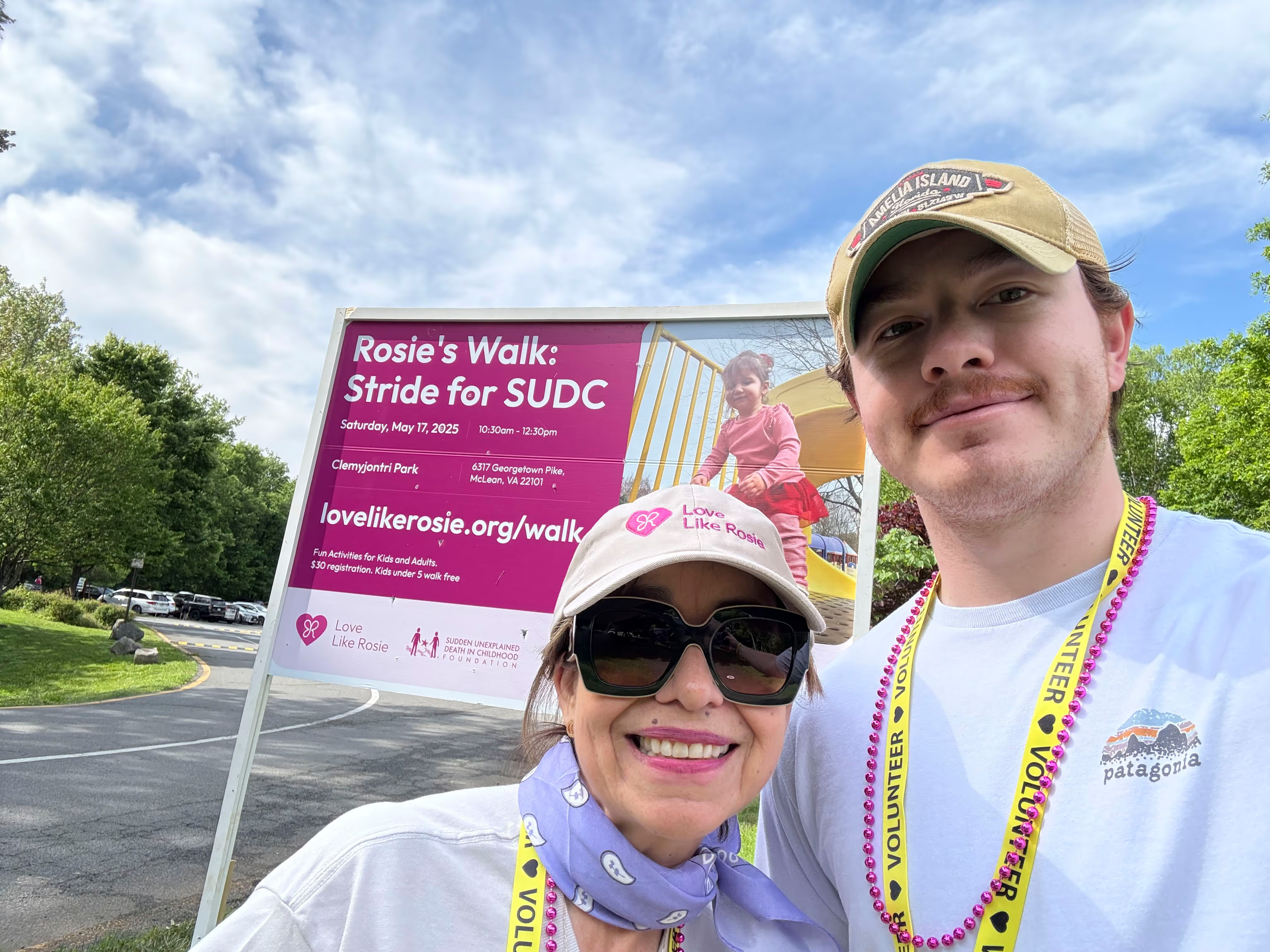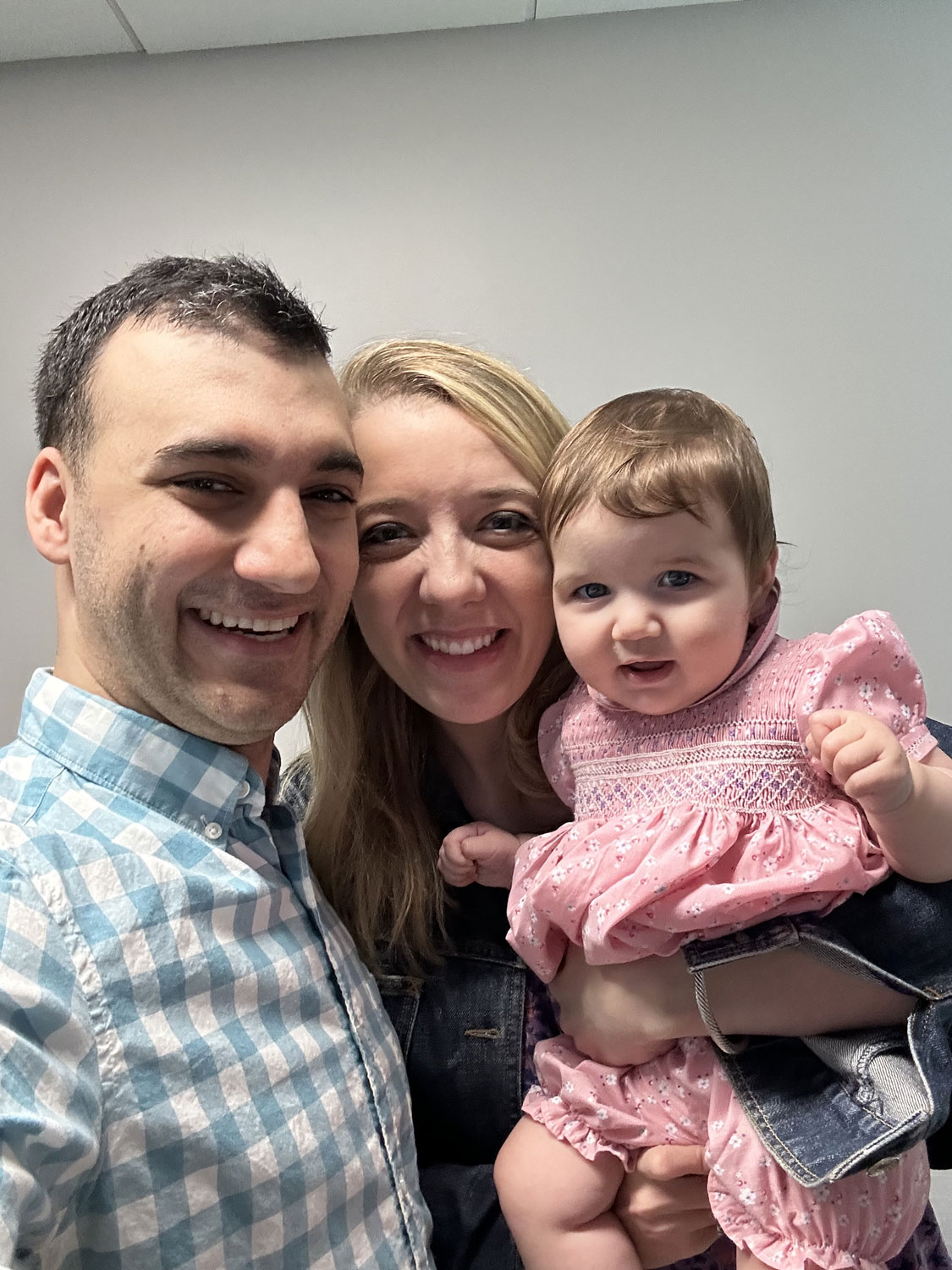Rosie’s Story
Rosalie Parisa Damavandy, lovingly known as "Baby Rosie," was an incredibly joyful, playful, and loving child who adored her parents, two older siblings, and everyone she encountered. Her name, meaning "beautiful little rose" in French and "angelic" in Farsi, perfectly captured her essence. On May 21st, 2024, Rosie's bright, joyful spirit was unexpectedly taken from us. Despite being a healthy, thriving little girl, Rosie became one of the 525 children lost each year to Sudden Unexplained Death in Childhood (SUDC), a condition that strikes without warning and leaves families grappling for answers. While her passing has left an unimaginable void in our family and a painful silence where there was once her sweet laughter, we are channeling our immense love for her into raising awareness and supporting research for SUDC. We work to shed light on this devastating yet neglected medical condition to prevent more families from facing this tragedy in honor of Rosie's beautiful legacy.
Read more




























































